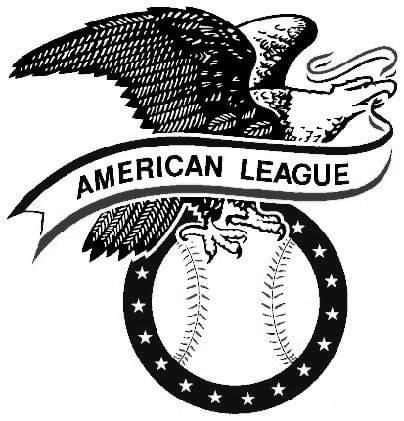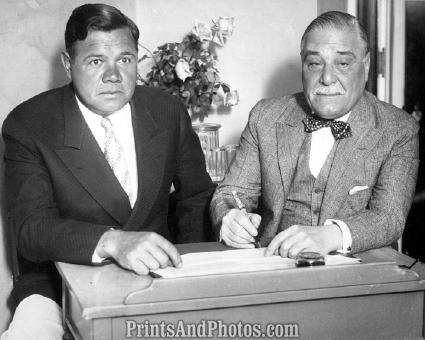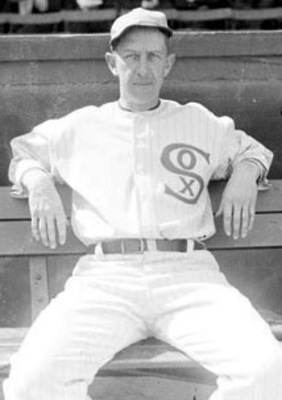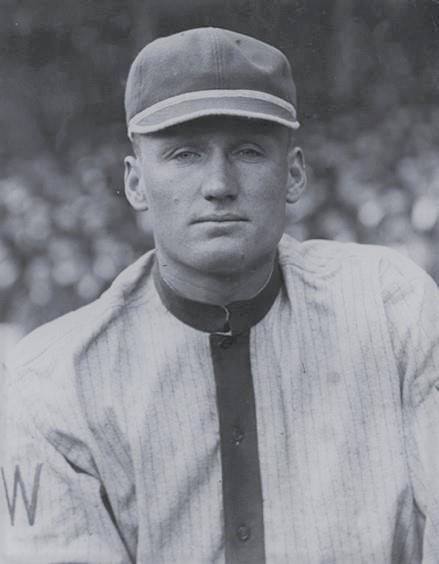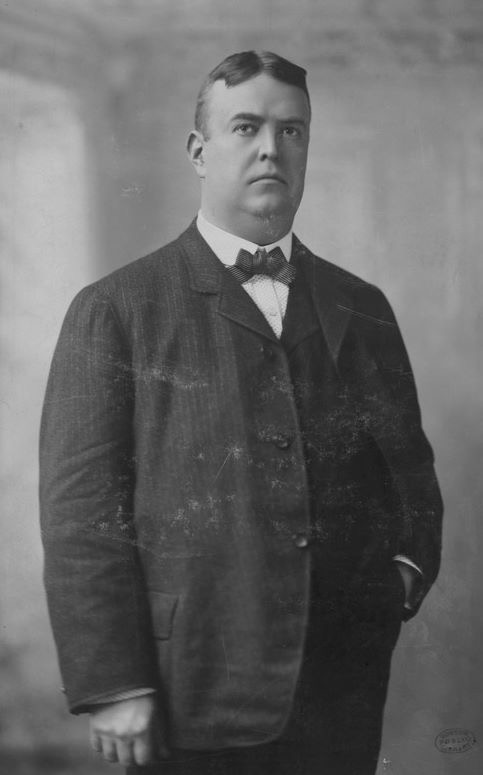Submarine P Carl Mays quits the mound after two innings at Chicago, blaming his teammates for lack of support afield. American League president Ban Johnson suspends Mays indefinitely and orders umpires not to let him pitch. In defiance of Johnson’s order that no action be taken until Mays is returned to good standing, Boston owner Harry Frazee will trade Mays to the Yankees for pitchers Bob McGraw and Allen Russell and $40,000. The Yankees then get a court order restraining Johnson from interfering, further eroding Johnson’s authority and standing, and the American League directors reinstate Mays. In retaliation, on October 29th the National Commission will refuse to recognize the Yankees’ third-place finish and will withhold the players’ share of the World Series pool. New York’s owners will pay out of their own pockets, and Johnson will never recover his authority.

